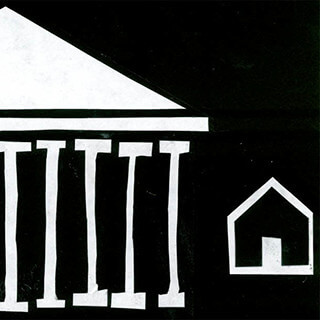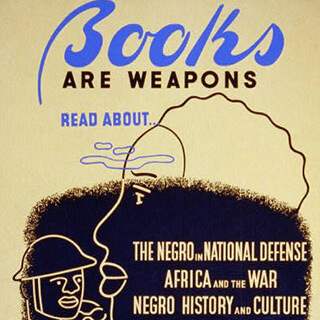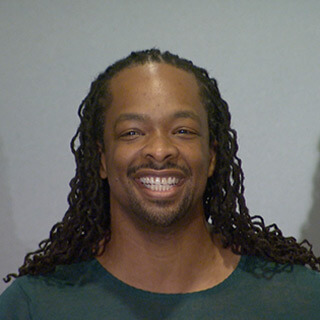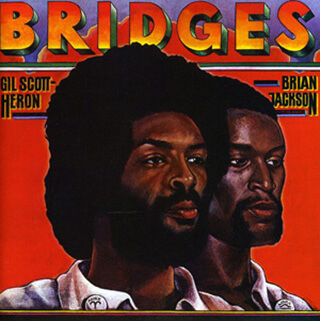Overview
Natasha Trethewey welcomes the 2014 Callaloo Conference, "Making Art: Writing, Authorship, and Critique," and Charles Henry Rowell describes the significance of this scholarly gathering hosted at Emory University.
 |
Callaloo, a journal of African diaspora arts and letters established in 1976, held its 2014 conference at Emory University from October 15–18. This event brought together creative and critical voices from in and outside the US to present and discuss artistic expressions ranging from poetry, the visual arts, fiction, and music to archiving and cultural preservation. Southern Spaces video-recorded this remarkable conference and, in collaboration with Callaloo, presents a series of conference highlights. Southern Spaces thanks Callaloo founder and editor Charles Henry Rowell, managing editor Jackson Brown, and Emory provost Claire Sterk for their support of this conference and series.
Welcoming Comment from Natasha Trethewey
Natasha Trethewey, Welcoming Comment, 2014.
About the Speaker
Natasha Trethewey is a Pulitzer-Prize winning poet (Native Guard, Mariner Books, 2006) and former poet laureate of the United States (2012–2014). She directs the Creative Writing Program at Emory University. Many of her poems first appeared in various forms in Callaloo, a journal that for her serves as "an archive that [she] can hold."
Significance of the Occasion: A Letter and Comments from Charles Henry Rowell, Editor of Callaloo
 |  |
Dear Colleagues and Friends,
Welcome to the 2014 Callaloo Conference, our seventh annual gathering, which focuses on "Making Art: Writing, Authorship, and Critique," a subject that seldom, if ever, receives significant headliner attention at academic conferences today.
For the 2014 Callaloo Conference, we have invited distinguished intellectuals and artists to help us return to subjects that we, at our inaugural meeting in New Orleans in March 2008, partially addressed. I say "partially" because at our first meeting we attempted to answer the following questions: What do we do? How do we do it? Why do we do it? That is, "we" as academics and artists. Our aim then was—and it remains so—to bring together our colleagues, creative and critical voices, in open conversation with each other about the work, in written form, in which each of us is engaged. Ultimately, the aim is to foster understanding, appreciation, and respect for the kind of work that is required and expected of us in the academy.
While "Making Art" is in some few ways similar to our New Orleans "summit," we, during this conference here at Emory University, want to take additional and meaningful steps forward. We want to acknowledge that what we write, invent, create—as literary and cultural criticism, as fiction or poetry or drama, as painting or performance art, as music composition or dance—should be equally valued, supported, appreciated, and respected by our colleagues and by the administrators whose watch maintains the values and boundaries imposed by the current organizational structures of contemporary universities.
What we say and do here at Emory University this week should ultimately be read as a message to our colleagues across the United States, as an unmitigated statement intended especially for our colleagues in literary and cultural studies and for those in the multiple disciplines in Africana and related studies. Our message is a simple three-part statement that argues for positive changes in the academic departments or programs that house these disciplines:
- An end to the actions that divide creative and critical/academic voices; an effort to develop and establish means that perpetuate mutual respect; and mutual support for teaching and for the work, its production and publication
- An end to behavior, actions, or words that devalue, denigrate, or privilege one discipline at the disadvantage or expense of another
- An aggressive support of excellence in the production of writing and performance that is creative, critical, and archival
Charles Henry Rowell, Callaloo Conference: Significance of the Occasion, 2014.
I am certain that faculty members in Africana studies departments and programs must realize their need to expand in academic disciplines beyond the boundaries of their origins set some fifty years ago as black studies, to extend beyond courses in literature, history, and the social sciences and to include in their curricula courses in the fine arts, such as film, creative writing, visual art, music (its history, composition, and performance), theater, etc. Then, too, I am convinced that a number of forward-looking faculty members in literary studies and cultural studies in English departments would gladly promote our recognition that, instead of engaging in the traditional myopic behavior of devaluing creative writing and privileging the critical voice over the creative, we should try to bring the two groups together in mutual respect and departmental support, an effort which is the origin of the Callaloo Conference.
 |
| Dancing in the Streets, collage montage on museum board by Jean Lacy, 1976. Photograph by the Tyler Museum of Art. Back cover art of the 2014 Callaloo Conference program. Courtesy of the Callaloo Conference. |
It is our hope that our colleagues back home will observe and critique what we are doing here and set an agenda, in terms of their own college or university needs, that equitably supports and promotes their faculty members: what they do, how they do it, and why they do it. That is, if English departments and Africana departments and programs take seriously our vision here, our institutions of higher education will broadly serve our nation and become stronger for having done so.
Finally, we invite you to join us auditors for our two keynote speakers and to visit the panel presentations and join in the discussions, which are offered for your benefit as well as ours. The conference program that follows indicates that we have also organized evenings of poetry and fiction readings as well as a final morning gathering to hear original musical compositions. We hope that you will continue to visit with us for each of these activities and engage our presenters in what they offer us.
Again, welcome to the 2014 Callaloo Conference.
Yours truly,
Charles Henry Rowell
About the Author:
Charles Henry Rowell is professor of English at Texas A&M University and the editor of Callaloo, a journal of African disapora arts and letters.



